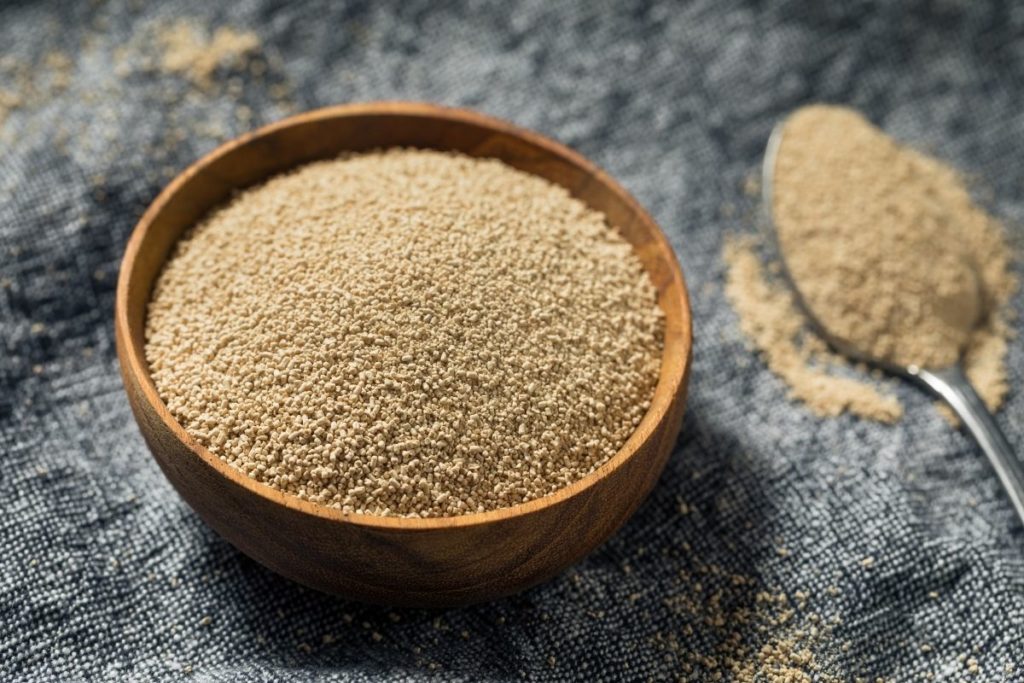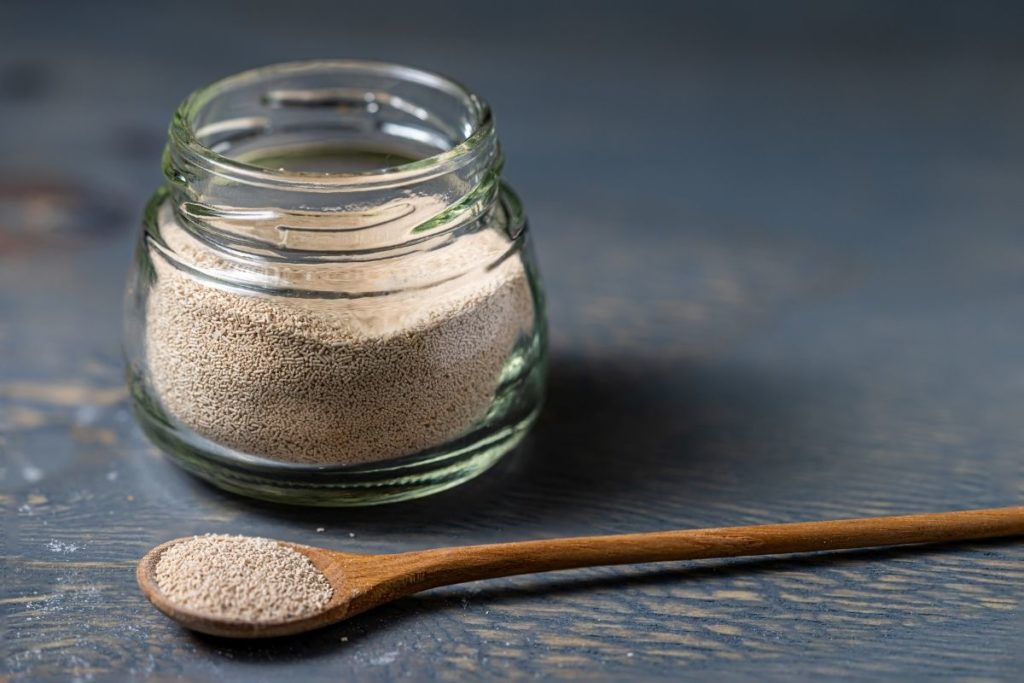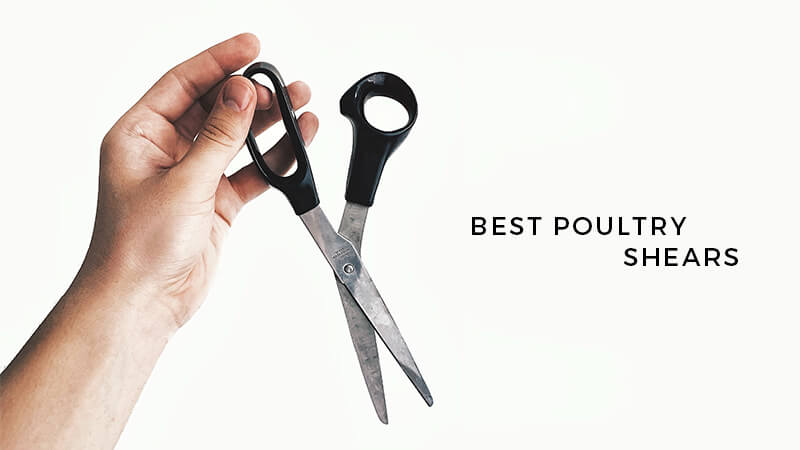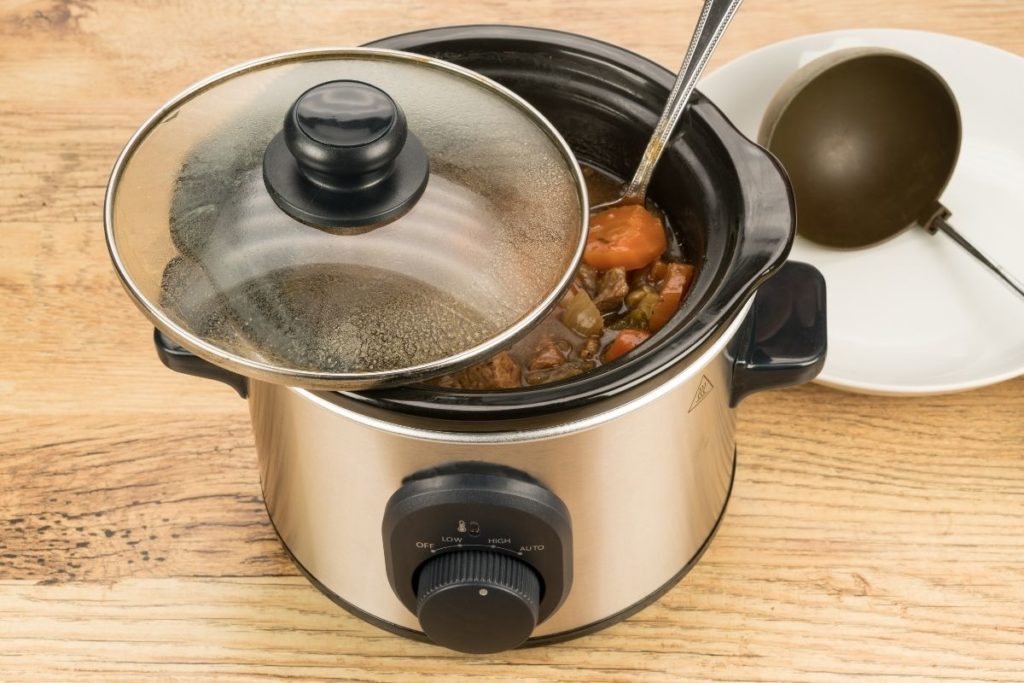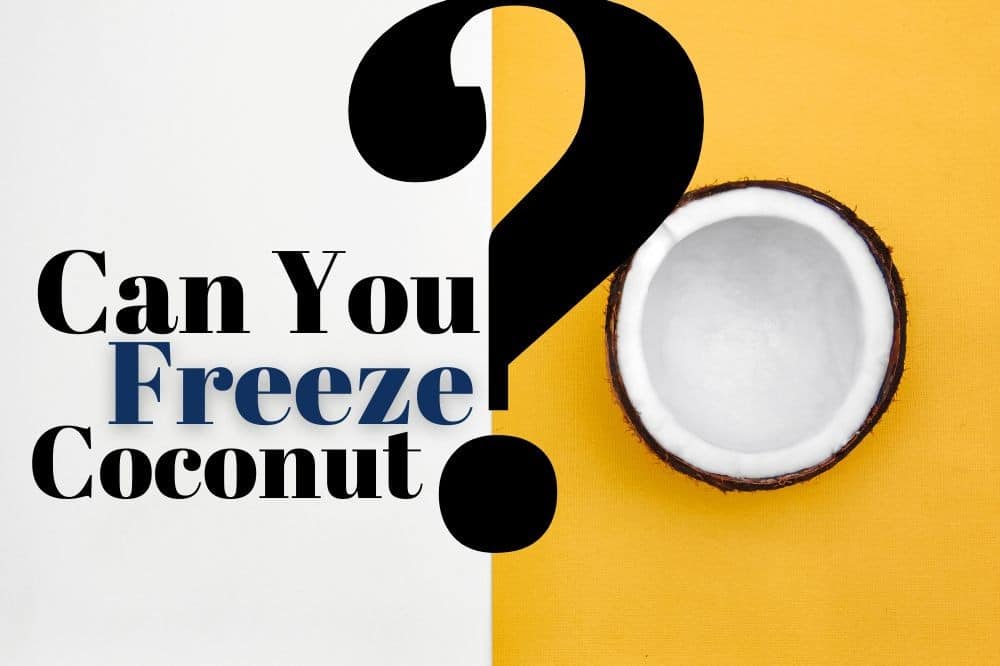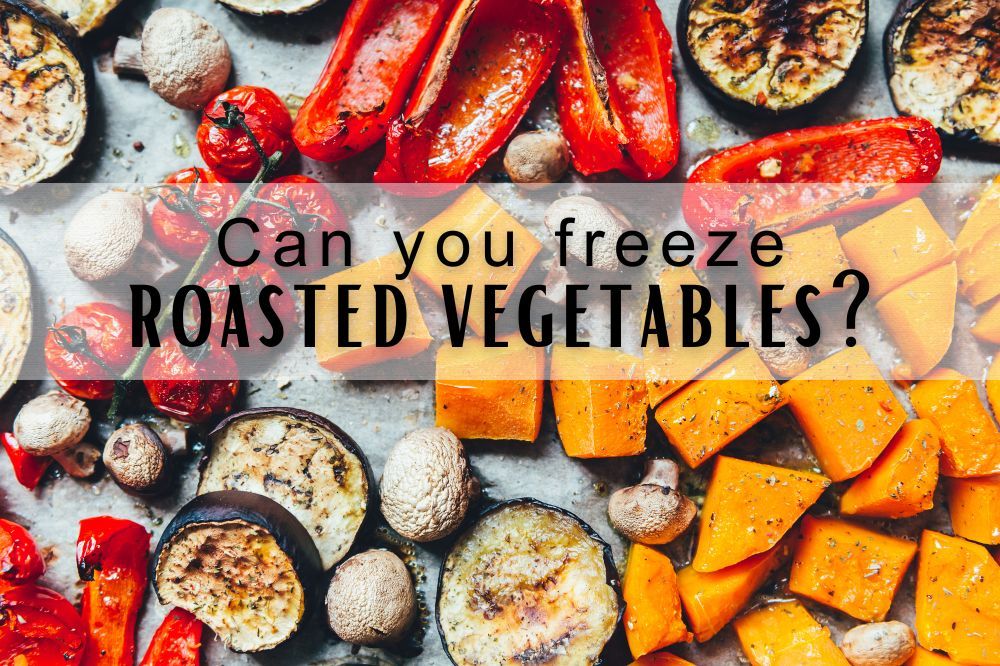How Much Yeast Is in a Packet? (Updated 2025)
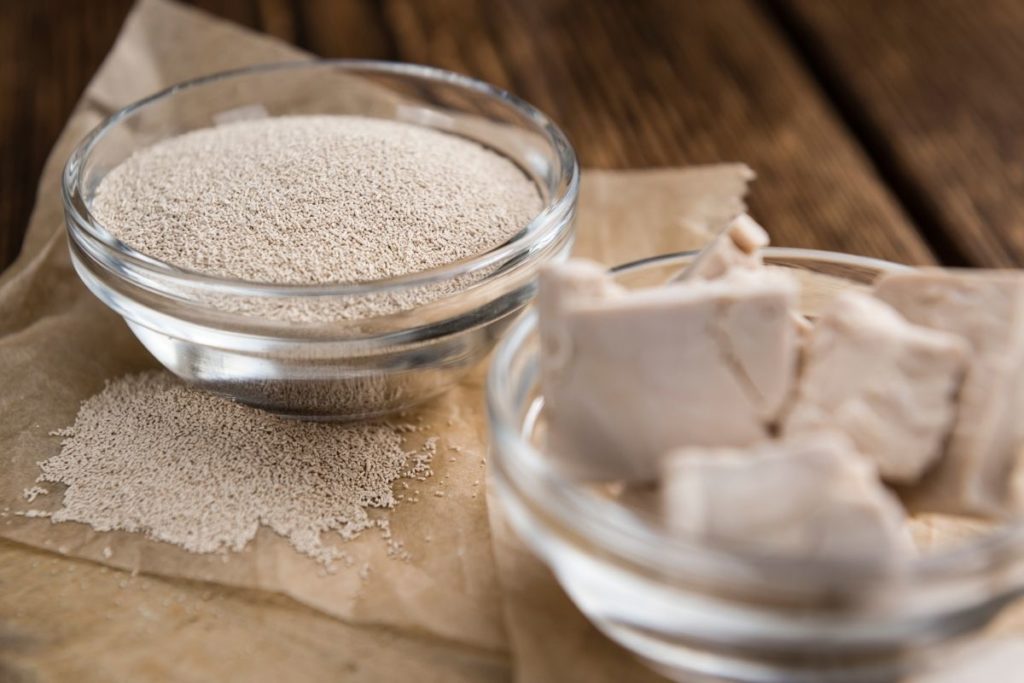
Do you want to make your own bread? If so, you need to be familiar with yeast. It is necessary to use the correct amount of yeast for your bread recipe. So, it may make you curious about how much yeast is in a packet. To find out the answer, read on.
Yeast is an essential ingredient that enables bread to rise and contributes to its fluffiness. It is vital for achieving the right texture in bread.
How Much Yeast Is in a Packet
Yeast typically comes in a packet. Each packet of yeast is 1/4 ounce (7 grams), or 2 1/4 teaspoons. It is typical to see three packets packaged together.
Most bread recipes call for one packet of yeast, or slightly less. If you do a lot of baking, you can even buy yeast in bags or jars.
Packets of yeast, though, are also preferable because you do not have to worry about moisture coming in and affecting the yeast.
Different Types of Yeast
There are four types of yeast typically used in baking bread. These varieties include active dry, instant, rapid rise, and fresh yeast. Some bread recipes call for a certain kind of yeast, while others allow you to use any of the yeast types.
-
Active Dry Yeast
Active dry yeast is created when water is removed, and the yeast turns into granules. In most cases, you must dissolve active dry yeast in water before adding it to your dry ingredients.
-
Instant Yeast
Instant yeast is close to active dry yeast, except the granules are finer. It usually does not need to be mixed with water and can go straight into the dry ingredients.
Since active dry and instant yeast come from different strands, their taste is a bit different. But you can use them interchangeably in bread recipes.
-
Rapid Rise Yeast
Rapid-rise yeast has similarities with instant yeast, but it comes from another strain that produces a stronger rise. For recipes that only involve one fast rise, such as cinnamon rolls, rapid-rise yeast is used.
-
Fresh Yeast
Fresh yeast, also called compressed yeast or cake yeast can be difficult to get, but is a decent choice if you bake often.
It comes in a solid block shape, unlike the other yeasts. You crumble this yeast and dissolve it in water. And it only lasts for a week in the fridge.
The most common types of yeast are active dry yeast and instant yeast. They are easy to find in supermarkets, and you can purchase them in packets. In baking bread, the rapid rise and fresh yeast are less frequently used.
Tips for Using Yeast
Using yeast can feel intimidating. You may worry about how to store yeast properly, how to get the right water temperature, and whether to add sugar. However, yeast is easy to use.
You can get used to incorporating yeast into your bread baking by following a few simple guidelines.
-
Storing Yeast
You can keep yeast active for several months if you store it in the freezer.
-
Right Rising Temperature
Yeast requires a temperature of 70 to 80° Fahrenheit to grow. If your kitchen is colder than that, you can put the dough in a previously warmed and switched-off oven. If your home is too hot, a cold oven might be the solution.
Simply avoid exposing the dough to temperatures below 50 degrees Fahrenheit, since this will cause the yeast to go dormant.
-
Water Temperature
You need lukewarm water to activate the yeast. It does not have to be a specific temperature, just similar to room temperature. Allow the water to sit for a minute or two. Then stir in the yeast with a fork until it becomes smooth.
-
Adding Sugar
Adding a pinch of sugar to the dough is a bit of a myth since it does not help it rise. However, if the yeast is still active, it will create bubbles, so this is a decent test to determine whether your yeast is still active.
-
Certain Ingredients Slow Rising of Bread
The rising time will slow down if your dough contains salt, eggs, dairy, or fat. Plain flour dough and water will rise more quickly.
In Conclusion
Yeast can be tricky to use, but if you follow the recipe’s directions, you will have tasty bread. Most bread recipes only call for the amount of yeast present in a packet. Each yeast packet contains 1/4 ounce (7 grams). Yeast comes in three-packet packages in most retail stores, which are simple to use and store.
you may also like
well hello there!

Hi, I'm Linda thanks for stopping by! We're so happy you're here. If you're a foodie and love to cook from home - you're in the right place..
LEARN MORE
free newsletter
Join the mailing list and receive our free newsletter!
recent posts
let's be social
search site
Recipe Marker
Recipe Marker provides you with the best information about home cooking tips, recipes, ingredient substitutes and more. Check out our blog to see the latest articles.
Copyright © 2024 Recipemarker.com | All Rights Reserved | Privacy | Disclaimer | Contact
